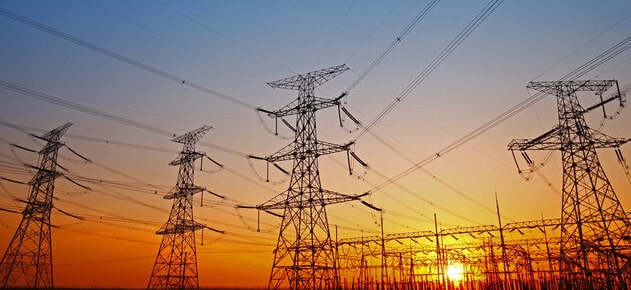India is reportedly in the process of planning a ‘power grid’ in collaboration with Saudi Arabia and the UAE.
India is reportedly in the process of planning a ‘power grid’ in collaboration with Saudi Arabia and the United Arab Emirates (UAE). The project aims to create a reliable and efficient power supply system that spans across the three countries and will help in the sustainable development of the region.
The proposed power grid project is expected to help India meet its growing demand for energy and reduce its dependence on fossil fuels. According to reports, the project will involve the construction of a transmission line that will run from India to Saudi Arabia, passing through the UAE.
The transmission line is expected to be around 4,000 kilometers long and will have a capacity of 2-3 gigawatts. This is expected to provide a significant boost to the power supply in the region, enabling the countries to meet their growing energy demands and reducing their reliance on fossil fuels.
The project is being led by the Gulf Cooperation Council (GCC), which is a regional intergovernmental political and economic union that includes Saudi Arabia, the UAE, Kuwait, Bahrain, Qatar, and Oman. The project is seen as a key step towards the integration of the energy systems of the three countries and is expected to bring significant benefits to the region.
The integration of the energy systems of India, Saudi Arabia, and the UAE is expected to create a more reliable and efficient power supply system. This will help to improve the stability of the energy grid and reduce the risk of power outages, which can have significant economic and social consequences.
The project is also expected to help in the development of renewable energy sources in the region. With the increasing focus on reducing carbon emissions and transitioning towards sustainable energy sources, the project is expected to play a key role in the development of renewable energy projects in the region.
India has been actively pursuing the development of renewable energy sources and has set an ambitious target of achieving 450 gigawatts of renewable energy capacity by 2030. The integration of the energy systems of the three countries is expected to provide a significant boost to India’s efforts to achieve its renewable energy targets.
The proposed power grid project is also expected to bring significant economic benefits to the region. The project is expected to create new job opportunities and provide a boost to the economies of the three countries.
The project is also expected to create opportunities for the development of new industries and the growth of existing industries in the region. The availability of reliable and affordable energy is expected to attract new investments and drive economic growth in the region.
The project is still in the planning stage, and there are a number of challenges that need to be overcome before it can be implemented. One of the key challenges is the financing of the project, which is expected to require significant investment.
The project is also expected to require significant technical expertise and coordination between the three countries. The transmission line will need to be constructed to the highest standards to ensure that it is reliable and efficient.
Despite the challenges, the proposed power grid project is seen as a significant step towards the integration of the energy systems of the three countries. The project is expected to bring significant benefits to the region and help in the sustainable development of the countries.
In conclusion, the proposed power grid project between India, Saudi Arabia, and the UAE is a significant step towards the integration of the energy systems of the three countries. The project is expected to bring significant economic, social, and environmental benefits to the region, and help in the sustainable development of the countries. While there are challenges that need to be overcome, the project is expected to be a key driver of economic growth and development in the region.





